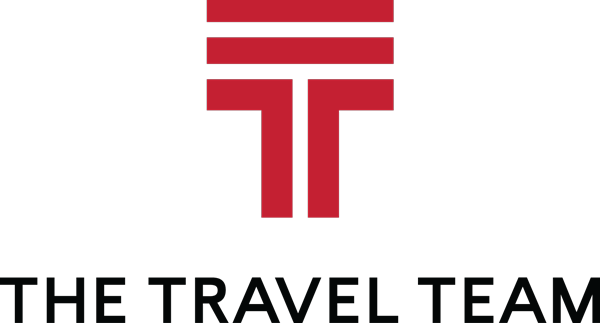Cultural competence, the awareness of your cultural beliefs and values, and the values and beliefs of others, is a highly-valued skill in the modern workplace. Business travelers in particular are likely to encounter many different people with a variety of cultural backgrounds and therefore need to bring cultural competency into their business relationships.
It is not only emotionally fulfilling to partake in and support other cultures, but it is also good business. You represent your company when you travel domestically or internationally. Make the most of your business relationships with improved cultural competence in the workplace.
Understanding Cultural Competence
The term “cultural competence” refers to the ability to understand, accept, and successfully interact with individuals from different cultures. An individual’s culture is the result of long term exposure to and adoption of a set of cultural values. These values influence how people interact with the world and the beliefs they hold based on different customs, values, and institutions. Competence, in this context, refers to the aptitude and attitude you demonstrate when engaging with those from diverse cultures in a way that each party finds thoughtful, self-aware, and respectful.
Practicing cultural competence is just one of the ways organizations are working toward higher levels of diversity, equity, and inclusion (DEI) in workplaces. Culturally competent employees use cultural knowledge to foster welcoming environments for their colleagues. Like DEI initiatives, systemic and structural issues in the workplace can be obstacles to cultural competence. Cross-cultural knowledge and awareness can foster the competence necessary to function effectively alongside those with different backgrounds to facilitate an inclusive workplace.
It’s just as important, if not more so, for business travelers who encounter a wide range of cultures to support their organization’s business objectives by being culturally competent. And it’s not just international travelers who require cultural competence. Domestic travelers are also likely to experience other cultures often during the course of their business relationships.
The Importance of Cultural Competence in the Workplace
The understanding and acceptance of those from different cultural backgrounds is a necessity in an increasingly globalized business world.
Companies are deploying strategic initiatives to engender culturally competent workplaces. Various methods of training involve making employees more aware of cultural identity, cultural diversity, and varying cultural practices encountered in the workplace. Cultural competence requires cultural sensitivity, understanding, and acceptance. Culturally competent companies use improved cross-cultural understanding to foster a culturally competent workforce and encourage employees to cultivate and reap the benefits of a diverse workplace.
Building Skills in Cultural Competency
Fortunately for business travelers and other individuals seeking awareness and education, this learned set of skills can be improved through structured cultural competence training programs. Empirically supported frameworks exist that enhance travelers’ ability to be culturally competent and promote this increasingly vital form of professional development.
Organizational psychological perspectives indicate that strategic initiatives aiming to develop strong cultural competence in the workplace should occur in three broad stages:
- Emphasis on workplace diversity through cultural awareness
- Obtaining cultural knowledge and cross-cultural skills
- Applying and practicing these skills within a variety of workplace scenarios
Debate exists as to whether cultural competence should be considered a “soft,” or innate, skill that can be honed within a programmatic training environment or a “hard” skill regarded as more technical in nature and therefore requiring advanced training.
The skills necessary to build cultural competency include:
- Self-awareness of one’s own cultural biases and stereotypes
- An open and accepting perspective
- The ability to practice active listening
- Building relationships through effective communication
- A willingness to accept diversity in the workplace
- Encourage discussion pertaining to the needs of a minority or vulnerable cultural groups
Ways to Increase Cultural Competence While Traveling for Business
Business travelers will have plenty of opportunities to learn cultural competency skills both from formal training environments and in practice as they encounter diverse individuals while traveling for work. Keep these techniques and perspectives in mind when engaging those from diverse backgrounds in your travels.
- Commit to expanding knowledge about culture and its impact on the organizations you engage with, including your own.
- Develop understanding of groups with cultural differences within the communities with which your organization collaborates and serves.
- Make cultural competency a focus of your employer or organization.
- Create a culturally inclusive environment that’s safe, secure, and open for individuals to be their authentic selves, which includes expressing themselves culturally.
- Create opportunities for individuals including customers, clients, or colleagues from different cultures to thrive within your organization.


